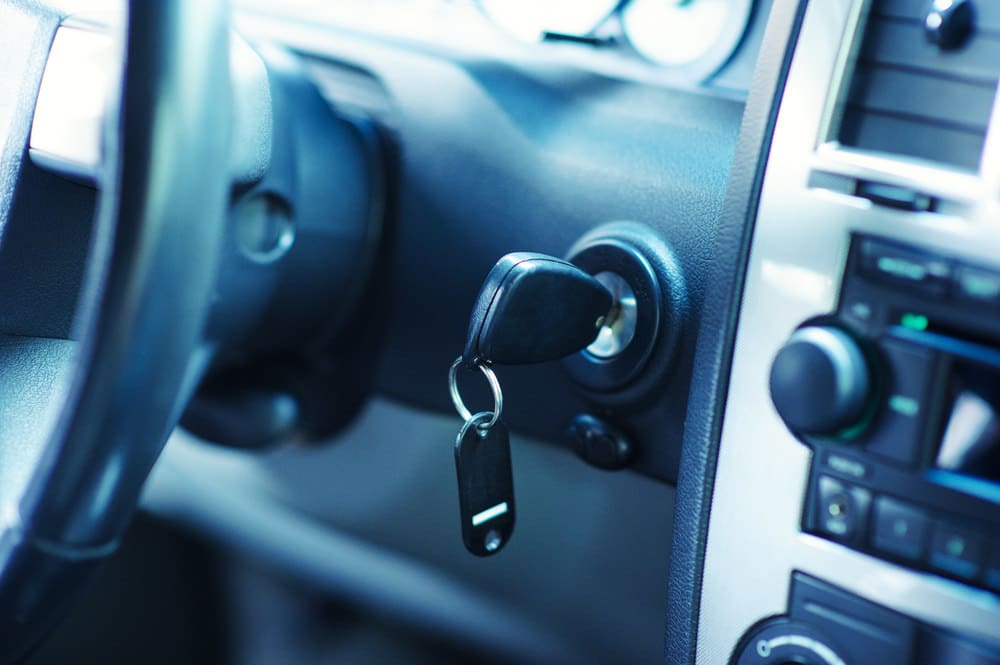

Your ignition system is a critical part of both your car and daily driving experience. If it isn't working correctly, you could experience anything from poor engine operation to engine stall or failure to start. It’s critical that you keep your ignition in good shape, and part of that is having it inspected on a regular basis.
How often should the ignition be inspected?
First, understand that there’s no hard and fast rule here. There are several types of ignition systems out there, and each has its own service interval.
Conventional Ignition: If you have an older car that still uses a distributor cap and points, then you’ll need to have your system inspected (and tuned up) roughly every 5,000 to 10,000 miles. These are the most maintenance intensive systems, but they’re very rare these days.
Electronic Ignition: If your car has an electronic ignition, meaning that there’s an electronic ignition module, and you have no points, then you should have the system inspected and tuned up roughly every 25,000 miles or so.
Distributor-less Ignition: After about 1990 or so, many automakers switched to using a distributor-less ignition system. There are no mechanical components here, and the system is controlled by the car’s computer. Service intervals vary significantly, but many automakers recommend every 100,000 miles.
If you have a conventional ignition, you can count on having it inspected with every other oil change. However, if you have an electronic ignition or a distributor-less ignition, things are less clear. The best rule of thumb in this instance is to have your system inspected when you notice the engine not running correctly. These symptoms include:
- Rough idling
- Stalling
- Spitting and sputtering under acceleration
- Difficulty cranking
- No start (with a known good battery, starter and alternator)
Make sure to have your ignition system inspected by a professional mechanic who understands the type of ignition your car uses.



